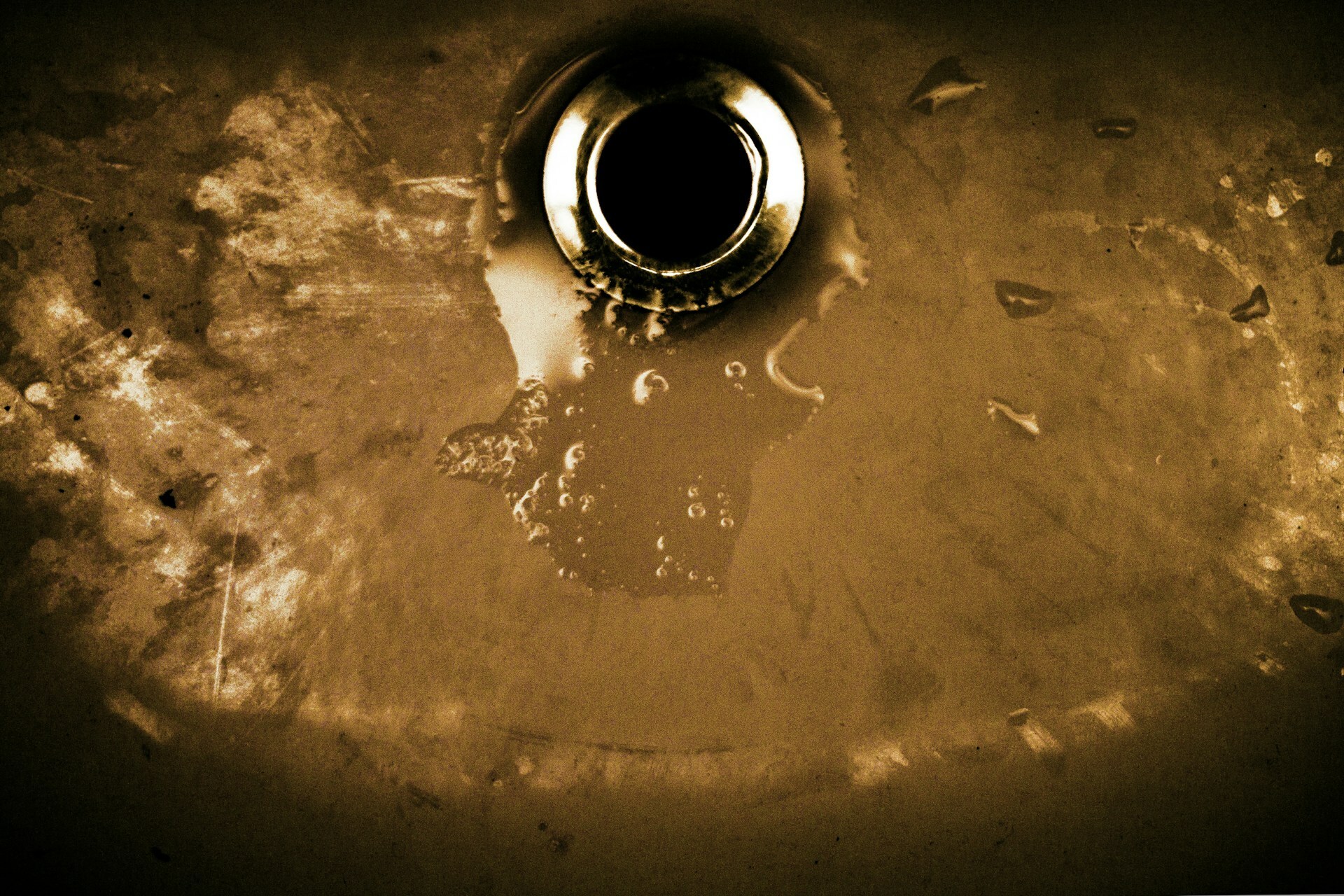
01 Mar. 24
What’s Clogging Your Drains?
The Root Causes of Clogged Drains and What You Can Do
Clogged drains are a nuisance for most homeowners. They can cause water to build up in your drains. Your shower, tub, and sinks all suffer from this common household plumbing problem.
You may hear strange noises like gurgling, which indicate a potential issue with your drains. Other signs include water that drains slowly, foul odors, and water backup.
This is not a problem you should ignore, as it only gets worse over time. Below are several signs of drain problems that need immediate attention.
Foul Odors
Imagine coming home one day to a terrible stench. You sniff the air and notice a stinky sewer smell in your kitchen or bath. You begin to wonder if the problem could be in the sewers. Maybe there’s been a backup in your area, or perhaps there’s a gas leak coming from the sewers. Either way, your first instinct is to eliminate that odor immediately.
In some cases, the smell could emanate from a dried out P-trap. If this is the case, all you need to do is run a little water for a few minutes. If the smell lingers, try having the P-trap disconnected instead.
But if it’s a sink you use on a regular basis, the problem may be worse. You could be dealing with a loose pipe or a clogged drain.
Water That Drains Slowly
Nothing tries your patience more than water that drains slowly. It happens when you bathe, brush your teeth, or do the dishes. It’s not only annoying, but it’s messy. You see soap bubbles rising and gathering in the basin as you wash. These soap bubbles leave a sticky, gooey scum inside the basin and around the drain.
On the surface, this seems like a minor annoyance. Unfortunately, it’s part of a greater problem, which is a clogged drain.
The problem is minor in cases where only one sink drains slowly. You may be able to fix the problem yourself by using a sink plunger. But if several sinks have slow drainage issues, you’re dealing with a clogged drain.
Any sink that gets clogged on a routine basis needs attention. Anytime you make several attempts to unclog a sink, the problem may be a drain clog. The issue is best when handled by a plumber.
Air Bubbles and Gurgling Noises
If you suspect your sink of slow drainage due to a clog, try listening for any unusual noises. If you hear gurgling or see air bubbles coming out of the drain, you probably have a drain clog. Be sure to take care of the problem immediately before it gets worse.
Air bubbles that come from your toilet are also indicative of a drain clog. Any toilet that overflows on a routine basis is another warning that your drains are clogged.
Standing Water
Any water that lingers around major appliances is indicative of a drain clog. This normally happens around washing machines and dishwashers because both use water to get items clean. This can also happen with some bathroom fixtures, such as showers or sinks. Water around the base of a toilet can be traced to a serious drain clog.
Musty or Moldy Drain Smells
We all know that remaining water and moisture leads to the buildup of mold over time. Any moldy scent coming from your sink or tub means that water has collected over an extended period. Unfortunately, this isn’t something you should ignore, because it could mean that your drains are clogged.
Keep in mind that letting water stand in your drains brings other problems.
Pests Inside Your Pipes
If you notice small pests like spiders or mice in your kitchen or bathroom sink, you could have a drain clog. Drains that become clogged due to broken pipes attract wild rodents like field mice and rats. In some cases, these animals may seek refuge through your toilet or another fixture. You can eliminate some of these pests by having your pipes sealed and your drains cleaned. But be sure to call an exterminator as an added safety measure.
Backed Up Plumbing Fixtures
Have you ever experienced the horror of seeing sewer water back up in your bathtub? If so, the problem can be traced to a severe drain clog. This problem can be unsanitary, especially if you notice a bad smell.
Other issues may involve a sink that backs up into a dishwasher when it’s running. The first thing to do is to check your garbage disposal for a clog. You can do this by setting it to pulse and clearing any solid food out of the shared drain. Try turning on your dishwasher again. If it runs smoothly, everything should be fine.
However, if your water continues to back up into your dishwasher after you’ve cleared the garbage disposal, then the problem may lie within your drains. It’s best to have them checked for a clog right away.
If you notice any of the above signs, call Plumbing Doctor LLC today. We’ll inspect your drains and fix them immediately.


